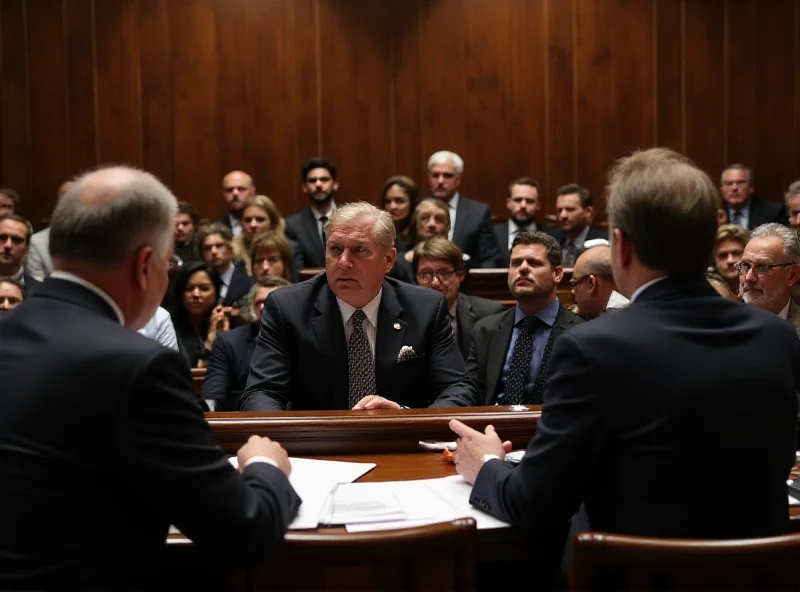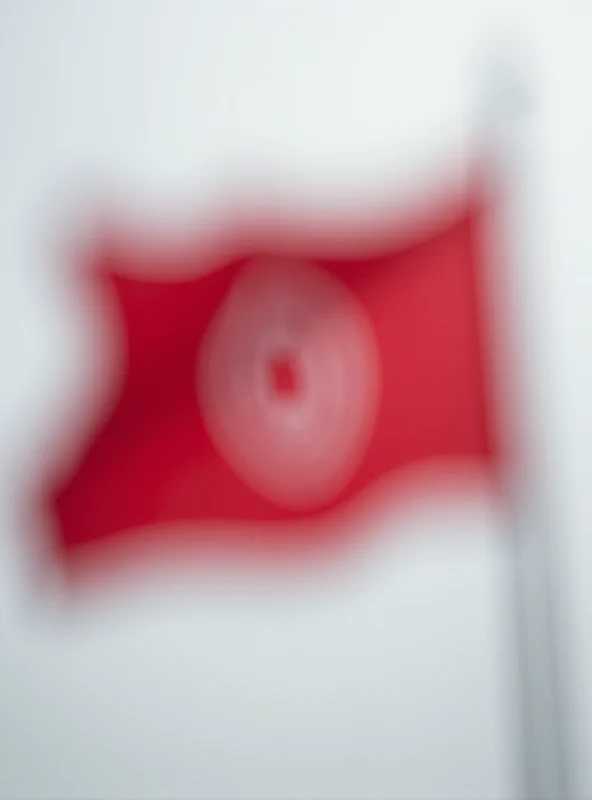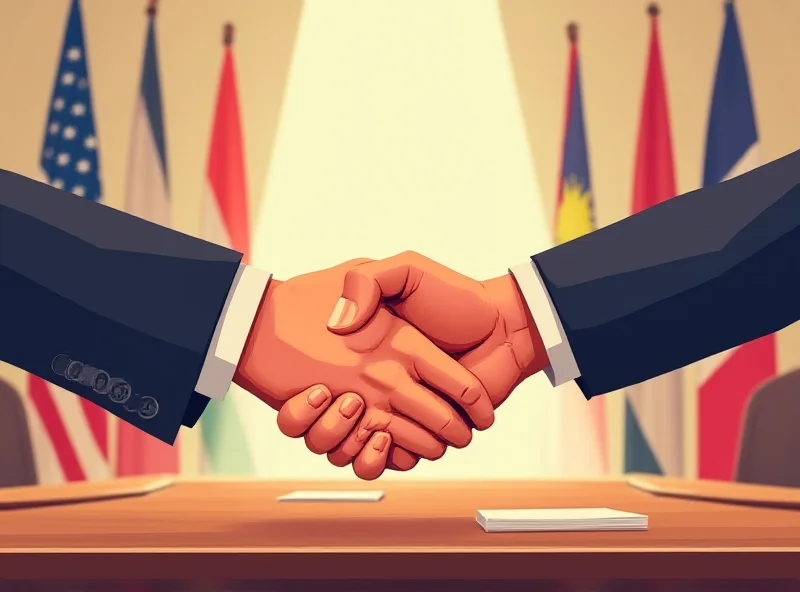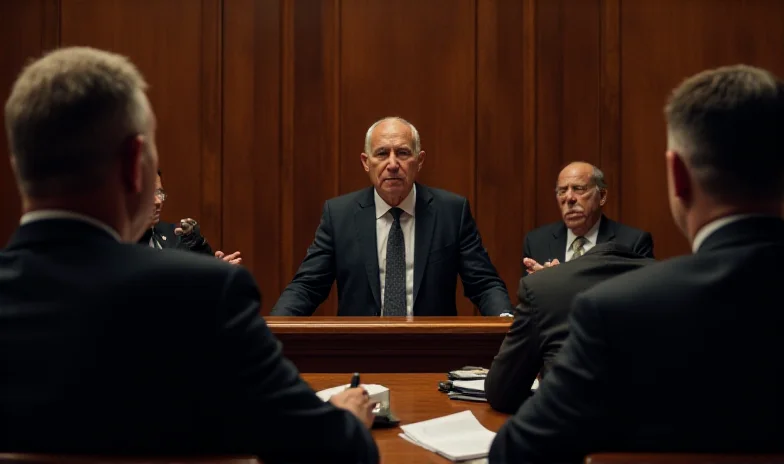Political landscapes in France and Tunisia are experiencing heightened tensions, marked by significant legal proceedings and debates over national policy. From indictments in France to controversial trials in Tunisia, and even analysis of international diplomatic encounters, the political sphere is buzzing with activity.
France: Indictment and "War Finances"
Mohamed Amra, a repeat offender apprehended in Romania after nine months on the run, now faces indictment in France. According to the prosecution, the charges include murders, attempted murders, escape, theft, and receiving stolen goods, all allegedly committed as part of an organized gang, in addition to conspiracy charges. This case has garnered significant attention due to the severity of the alleged crimes and the international effort involved in Amra's capture.

Meanwhile, France is also grappling with a shift towards what some are calling "war finances." Françoise Fressoz, a columnist at Le Monde, observes that while this conversion is becoming a reality, it lacks national consensus. This division is further exacerbated by Marine Le Pen's stances on the Ukrainian conflict, which deepen the rift between those advocating for European integration and nationalist factions within the country. The absence of a unified national policy objective or method highlights the challenges France faces in navigating its role in the current geopolitical landscape.
Tunisia: Trial for "Conspiracy"
In Tunisia, a highly controversial trial is underway, with approximately forty opposition figures, including lawyers and journalists, facing charges of conspiracy against state security. These individuals risk the death penalty if convicted. The defense team vehemently denounces the case as politically motivated, emphasizing the lack of concrete evidence supporting the accusations. The trial has drawn international scrutiny, with concerns raised about the fairness and transparency of the proceedings.

The severity of the charges and the potential for the death penalty have amplified concerns about human rights and the rule of law in Tunisia. Critics argue that the trial is a clear attempt to silence dissent and suppress opposition voices within the country.
Trump-Zelensky Encounter Analyzed
Shifting focus to international diplomacy, the altercation between former U.S. President Donald Trump and Ukrainian President Volodymyr Zelensky in the Oval Office on February 28 continues to be a subject of analysis. Cécile Alduy, a French literature professor and semiologist, offers a unique perspective on the event. In an interview with Le Monde, Alduy argues that the exchange was not simply a misstep or a slip, but rather a deliberate "proclamation" that disrupted traditional diplomatic norms. This interpretation suggests that Trump intentionally deviated from established protocols, making a statement through his actions and demeanor during the meeting.

Alduy's analysis sheds light on the potential underlying motivations behind Trump's behavior, suggesting a conscious effort to challenge and redefine the conventions of international relations. This interpretation adds another layer to the ongoing discussion about the impact of Trump's presidency on global diplomacy.
These diverse political developments, ranging from criminal indictments and controversial trials to analyses of international encounters and shifts in national policy, highlight the complex and dynamic nature of the current political landscape.
